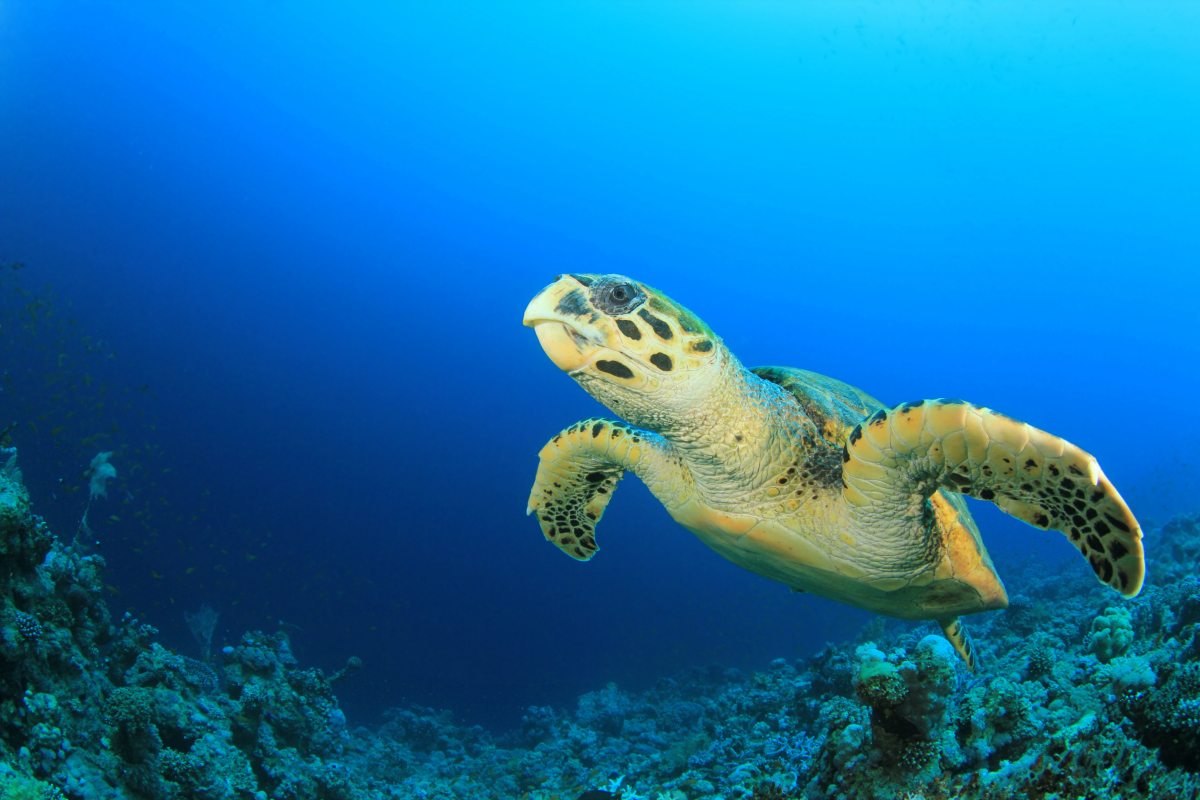New York, 10 July—Coming close on the heels of last month’s Ocean Conference, countries will begin the fourth and last preparatory meeting today to develop recommendations to the General Assembly on a treaty on the conservation and sustainable use of marine biological diversity of the world’s ocean beyond national jurisdiction.
The negotiations, sometimes informally referred to as “BBNJ” (biodiversity beyond national jurisdiction), will take place at UN Headquarters in New York from 10-21 July and will include governments, global and regional intergovernmental organizations, and civil society. At the conclusion of the meeting, the preparatory committee is expected to present elements of a draft text for the new treaty to the United Nations General Assembly.
There is growing pressure for the comprehensive global regime to better address the conservation and sustainable use of marine biological diversity of areas beyond national jurisdiction as the world has recognized the opportunities that sustainable ocean-based economies provide while also expressing concern about the increasing deterioration of the ocean, and the resulting negative impacts on sustainable development. Pollution, the destruction of marine habitats, overfishing, and the impacts of climate change are among the major drivers of the ocean’s decline.
A comprehensive global assessment of the marine environment released in 2015 found widespread evidence of particularly strong negative trends in marine biodiversity. The First Global Integrated Marine Assessment stated that delays in implementing solutions to the problems that have already been identified as threatening to degrade the world’s ocean will lead, unnecessarily, to incurring greater environmental, social and economic costs.
“At this fourth session, I believe there is scope for progress in addressing the important issues and relevant concerns that led to the establishment of the process,” said Carlos Duarte, Chair of the Preparatory Committee. “I trust that all delegations will be approaching the discussions in a constructive manner, that will allow for successfully completing the mandate that was given to us and provide elements for a future legally binding instrument on Conservation and Sustainable Use of Marine Biodiversity Beyond National Jurisdiction.”
The new legal instrument would come under the 1982 United Nations Convention on the Law of the Sea, which has, since its entry into force in 1994, governed all matters related to the use of ocean space, including limits of and jurisdiction over maritime spaces, navigational rights, exploration and exploitation of resources on the seabed beyond the limits of national jurisdiction, conservation and management of marine living resources, protection and preservation of the marine environment, marine scientific research, development and transfer of marine technology and settlement of disputes between States.
The first three preparatory meetings focused on four main areas of focus for the treaty, considered to form a package, namely marine genetic resources, including questions on the sharing of benefits, area-based management tools, including marine protected areas, environmental impact assessments, and capacity-building and the transfer of marine technology.
Discussions leading up to the present negotiations have been ongoing since 2006. At the Rio+20 Conference in 2012, countries recognized “the importance of the conservation and sustainable use of marine biodiversity beyond areas of national jurisdiction” and committed to address the issue on an urgent basis, including by taking a decision on the development of an international instrument. In 2015, the General Assembly agreed on a resolution deciding to develop an international legally binding instrument under the United Nations Convention on the Law of the Sea.
During the recent Ocean Conference, many countries voiced support for moving ahead on the new treaty.
The website for the process can be found at: https://www.un.org/depts/los/biodiversity/prepcom.htm
For more information and interview opportunities, please contact the following contacts at the UN Department of Public Information:
Daniel Shepard, T: +1 (212) 963-9495 | E: shepard@un.org
Ariel Alexovich, T: +1 (917) 367 6512 | E: alexovich@un.org

